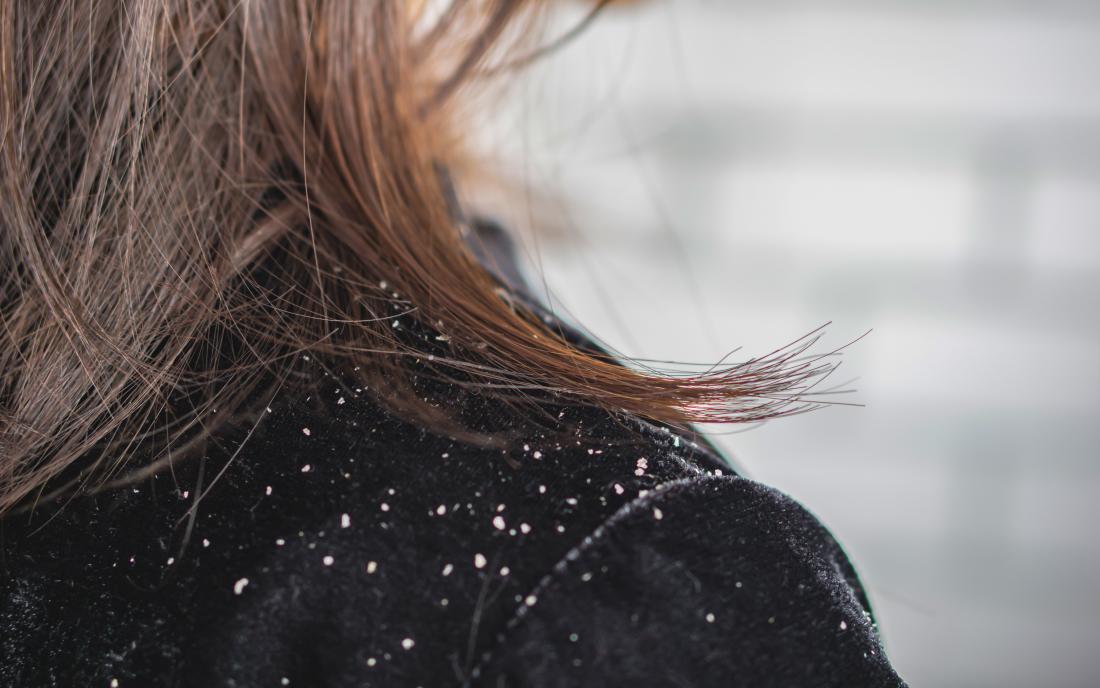
Dandruff
Dandruff is a common condition affecting the scalp presenting as white flakes.
But sometimes dandruff can be much more than just flakes of skin and can be very embarrassing. It can affect your choice of clothing due to the flakes which often fall on the shoulders. It is sometimes associated with itching which becomes irritating.
Multiple factors play a role in dandruff formation but main culprit is a type of fungus called Malassezia. This fungus is normally present on our scalp skin but its overgrowth triggers a reaction causing dandruff. Malassezia survives in the oil glands and hence it can also affect other areas of the body where oil glands are numerous like ears, eyebrows, beard, chest, underarms, back and groin area.
When dandruff is severe, it can result in inflammation and is called as Seborrheic Dermatitis which may present as yellowish greasy flakes over scalp skin with itching, redness and tiny boils. This usually affects other body areas along with scalp.
Dandruff commonly presents as white flakes of skin and may be associated with itching and scratching. It can affect both oily and dry scalp. Though dandruff does not directly cause hair fall but the inflammation or the scratching can affect hair root and shaft.
Various skin diseases including psoriasis can look similar and can pose challenge to diagnosis and treatment. In such cases, skin biopsy may be required to confirm the diagnosis.
- Winter season
- Hard water
- Stress
- Excessive use of hair products
- Poor scalp hygiene
- Nutritional deficiencies
- Hormonal imbalances like PCOS
As dandruff related to fungus naturally present on our scalp and mostly manifests lifestyle related There is no permanent cure for dandruff but there are a plethora of medicines and shampoos which work excellently in keeping it under control.
Some things you can try at home are
- Keep scalp clean by regular cleansing
- Use gentle hair cleansers or shampoos
- Avoid oiling scalp
- Avoid scratching scalp
- Reduce stress
- Eat balanced diet
If these therapies fail to give good result, then do not hesitate to see our Dermatologists at Eternis Clinic for more effective treatment.